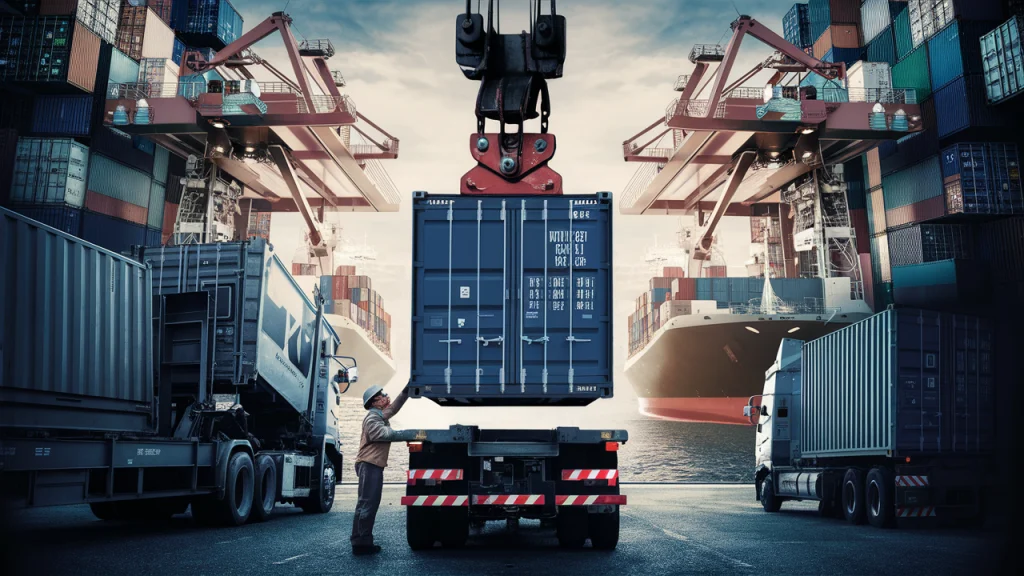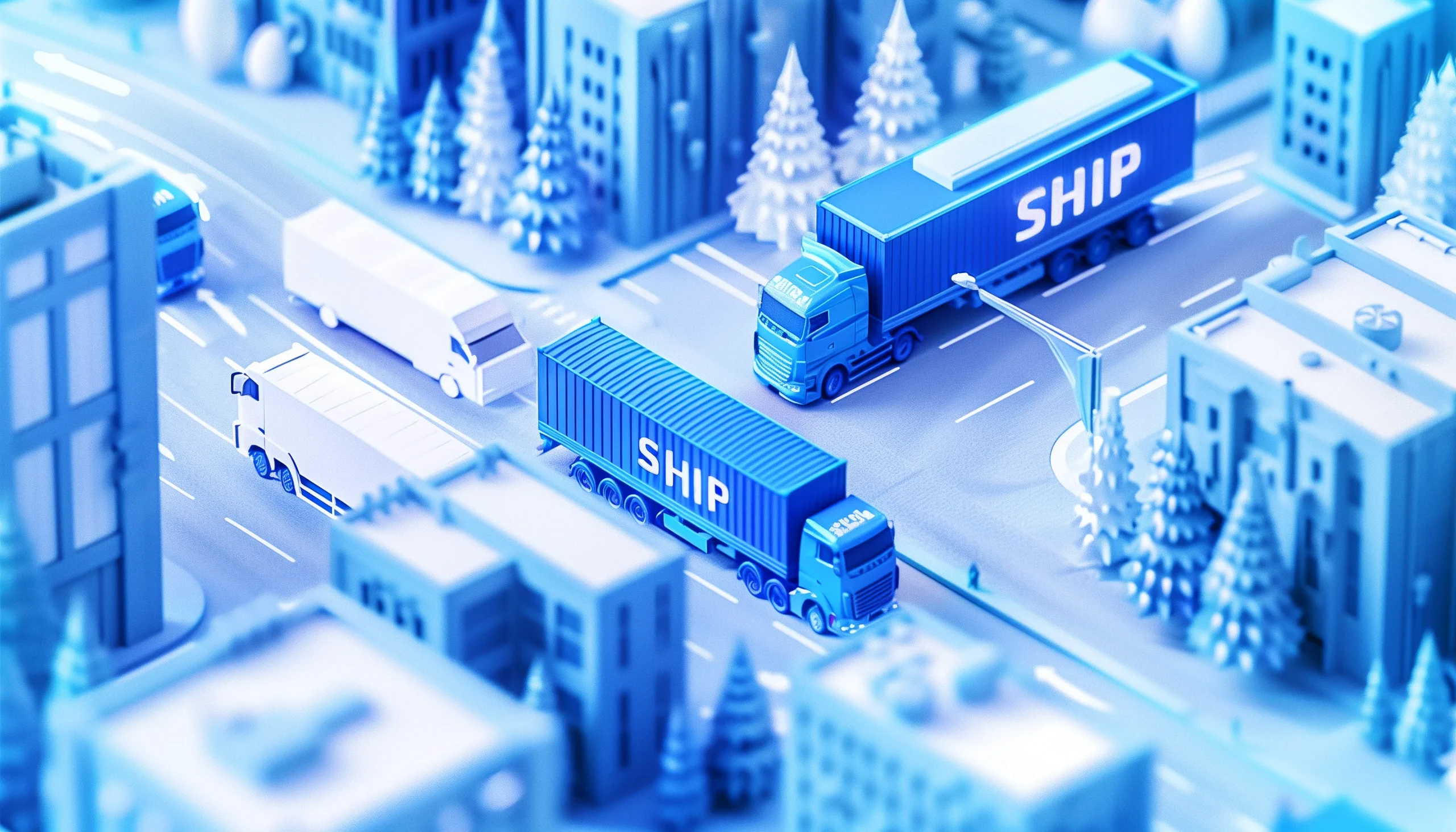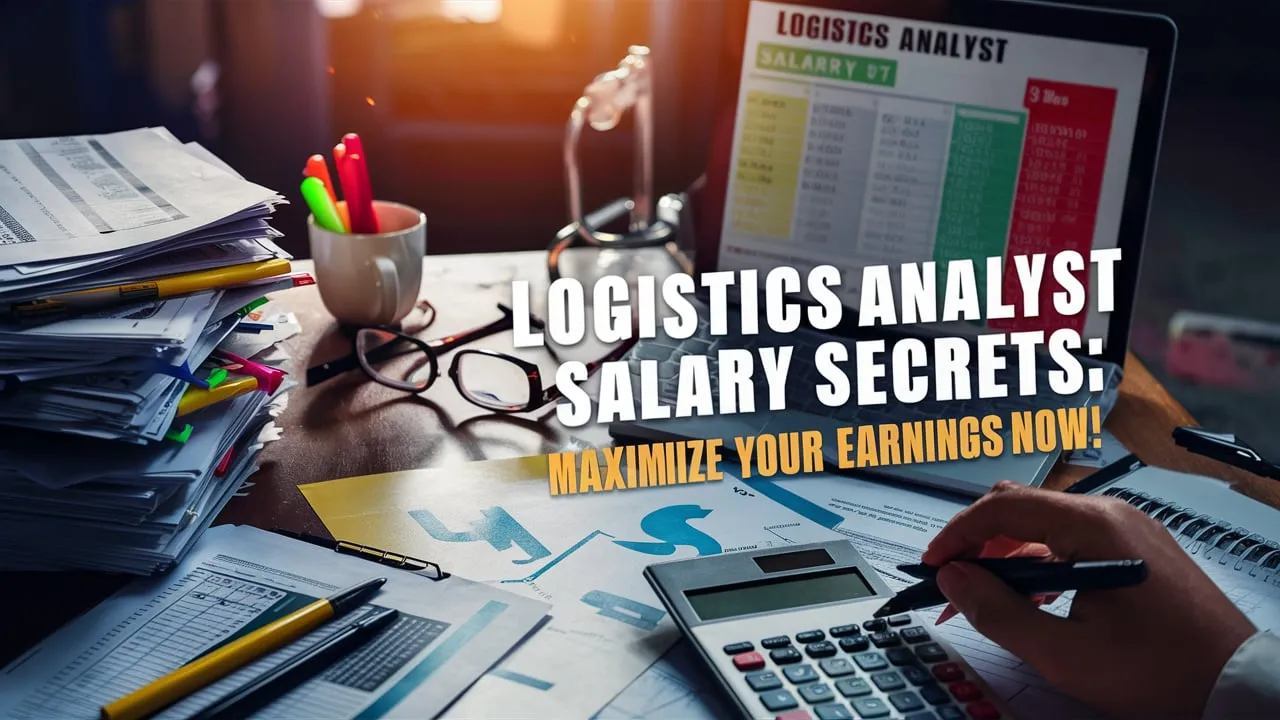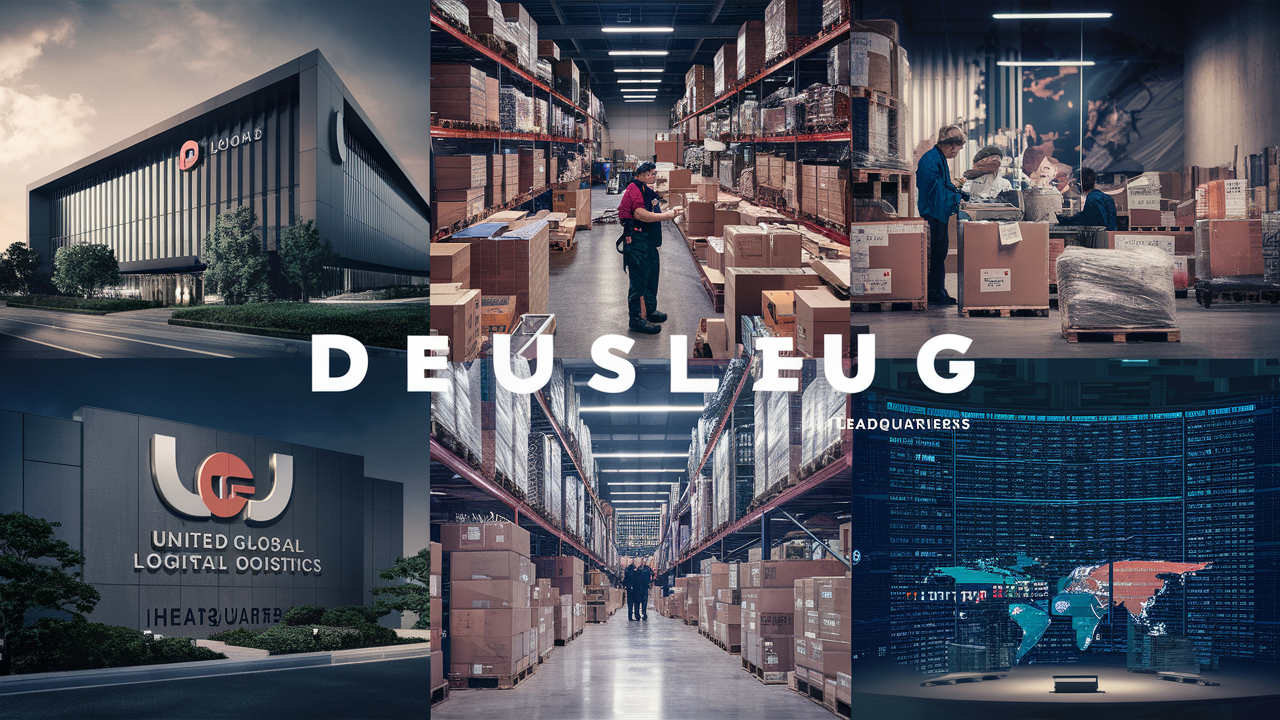Table of Contents
Welcome to the world of freight logistics, where the movement of goods keeps businesses humming and customers satisfied. In this guide, we’ll take a closer look at the essential elements of freight logistics, breaking down complex concepts into easy-to-understand nuggets of information. Whether you’re a seasoned professional or new to the field, this guide will serve as a valuable resource for understanding the intricacies of getting products from point A to point B. So buckle up, and let’s dive into the fascinating world of freight logistics!
The Basics of Freight Logistics

Freight Logistics 101 is all about moving stuff from one place to another smoothly. It’s super important for businesses because it helps them get their products to customers on time. It’s like the behind-the-scenes hero that keeps everything running smoothly in the supply chain.
Types of Freight
There are different kinds of freight for different needs. Full Truckload (FTL) means you fill up a whole truck with your stuff, which is great for big shipments. Less-than-Truckload (LTL) is for smaller loads that share space with other stuff. Then there’s intermodal transportation, which uses different modes like trucks and trains for long trips.
Choosing the Right Shipping Mode
When businesses pick how to ship their stuff, they think about things like cost, speed, and what they’re shipping. They want to find the best way to get their products where they need to go without breaking the bank.
The Players in Freight Logistics 101

Lots of different people and companies are involved in getting stuff from A to B. You’ve got shippers who send stuff, carriers like trucking companies and airlines, and freight forwarders who manage the whole process.
Documentation for Freight Shipping
When stuff gets shipped, there’s paperwork involved. Things like bills of lading, commercial invoices, and packing lists. These papers make sure everything gets where it’s supposed to go without any hiccups.
Also Read: Vos Logistics Scam? Warning Signs to Watch Out For (Avoid Vos Logistics Scam)
Cost Considerations in Freight Logistics 101
Shipping stuff costs money, and it depends on things like how far it’s going, how heavy it is, and if you need any extra services. Businesses need to think about all these things to manage their shipping costs.
Incoterms Explained
Incoterms are like rules for international shipping. They help buyers and sellers know who’s responsible for what during the shipping process.
Customs Clearance for International Freight

Going through customs is a big deal when shipping stuff internationally. You need to have all the right paperwork to get your stuff into another country without any delays certified freight logistics CFL.
Freight Tracking and Visibility
Tracking your shipments in real time helps you know where your stuff is and if there are any problems along the way. It’s like keeping an eye on your packages from start to finish California trucking company.
Risk Management in Freight Logistics 101
There are risks involved in shipping stuff, like damage or delays. Businesses use strategies to reduce these risks, like insurance and security measures santa maria california.
The Future of Freight Logistics 101
The way we ship stuff is always changing. Things like automation and new technology are making shipping more efficient and eco-friendly california based.
Freight Logistics Resources
There are lots of resources out there to learn more about shipping and logistics. Industry groups and educational materials can help businesses stay on top of the latest trends and practices fresh produce.
Final Thoughts:
As we conclude our journey through the realm of freight logistics, it’s clear that this field is more than just moving boxes from one place to another. It’s about efficiency, reliability, and meeting the ever-changing demands of a global marketplace. By understanding the basics of freight logistics, businesses can optimize their supply chains, reduce costs, and improve customer satisfaction. As technology continues to evolve and new challenges emerge, the future of freight logistics promises exciting opportunities for innovation and growth. So let’s continue to explore, adapt, and embrace the endless possibilities that lie ahead in this dynamic and essential industry.
FAQs:
What is freight logistics?
Freight logistics is the management of the movement and storage of goods, ensuring they reach their destination efficiently.
How do I choose the right shipping mode?
Consider factors like cost, speed, cargo type, and delivery needs to select the most suitable shipping mode.
Who are the key players in freight logistics?
Key players include shippers, carriers (like trucking companies and airlines), consignees, and freight forwarders.
What documents are essential for freight shipping?
Essential documents include bills of lading, commercial invoices, and packing lists.
What factors impact freight costs?
Factors like distance, weight, fuel prices, and additional services can affect freight costs.




